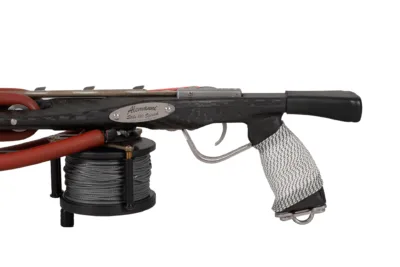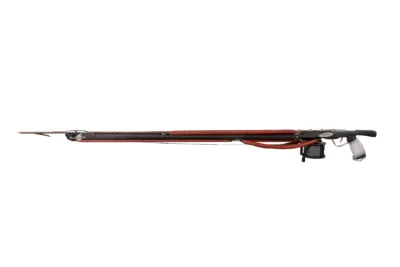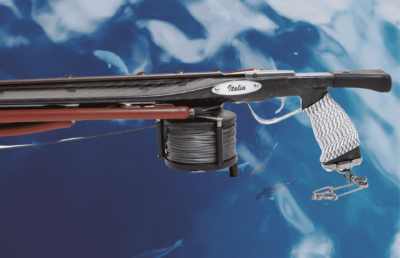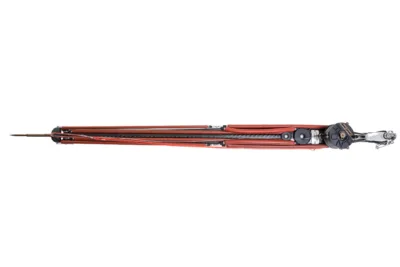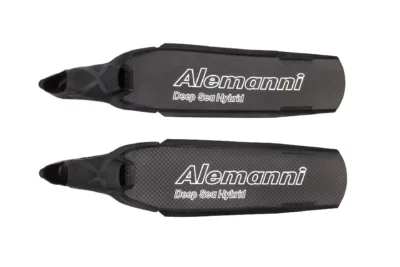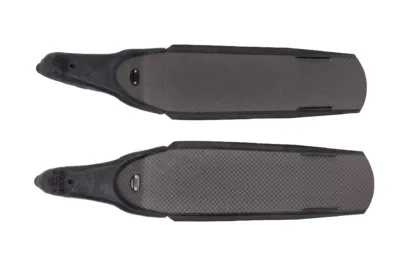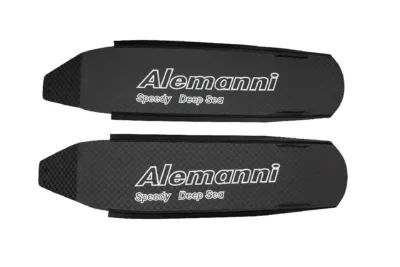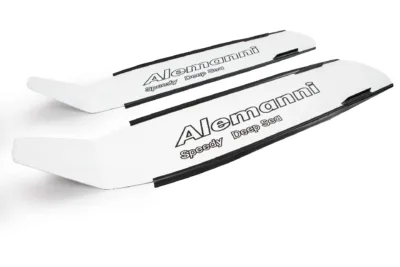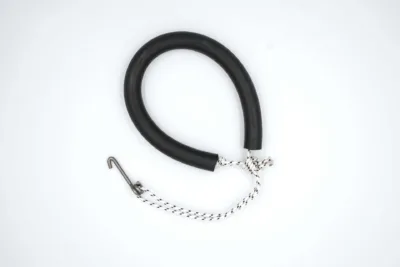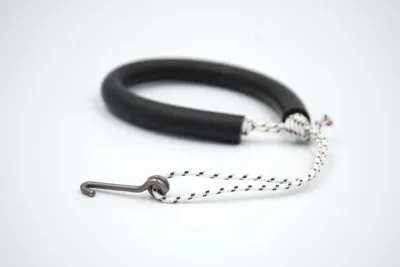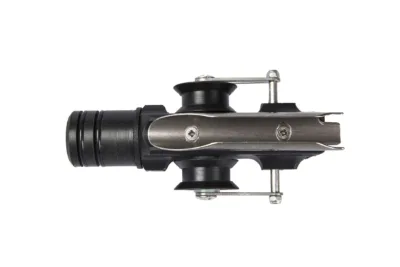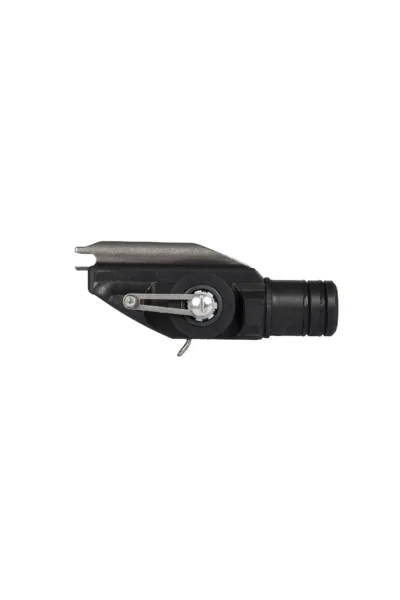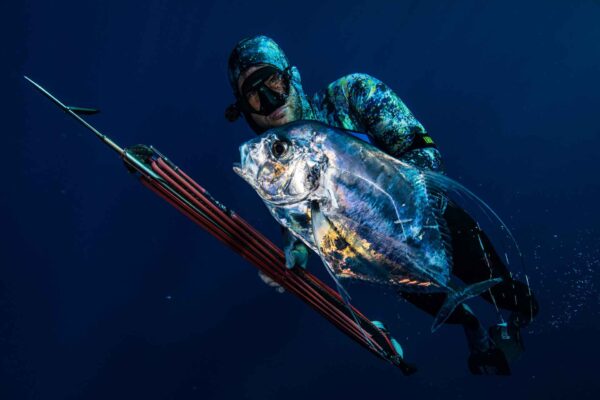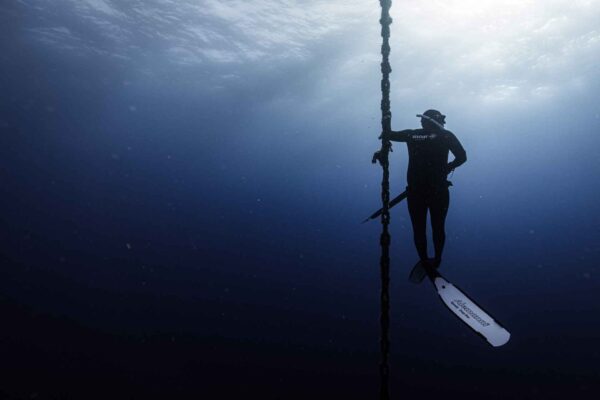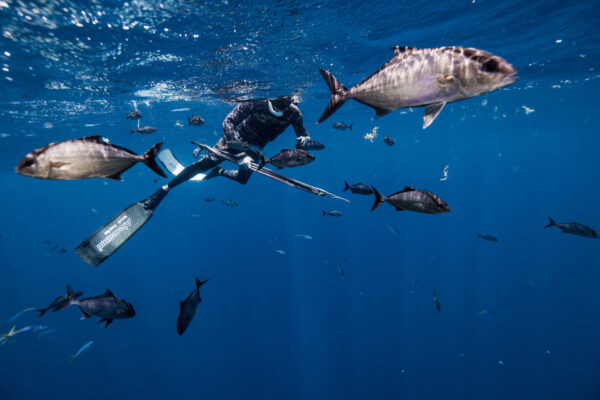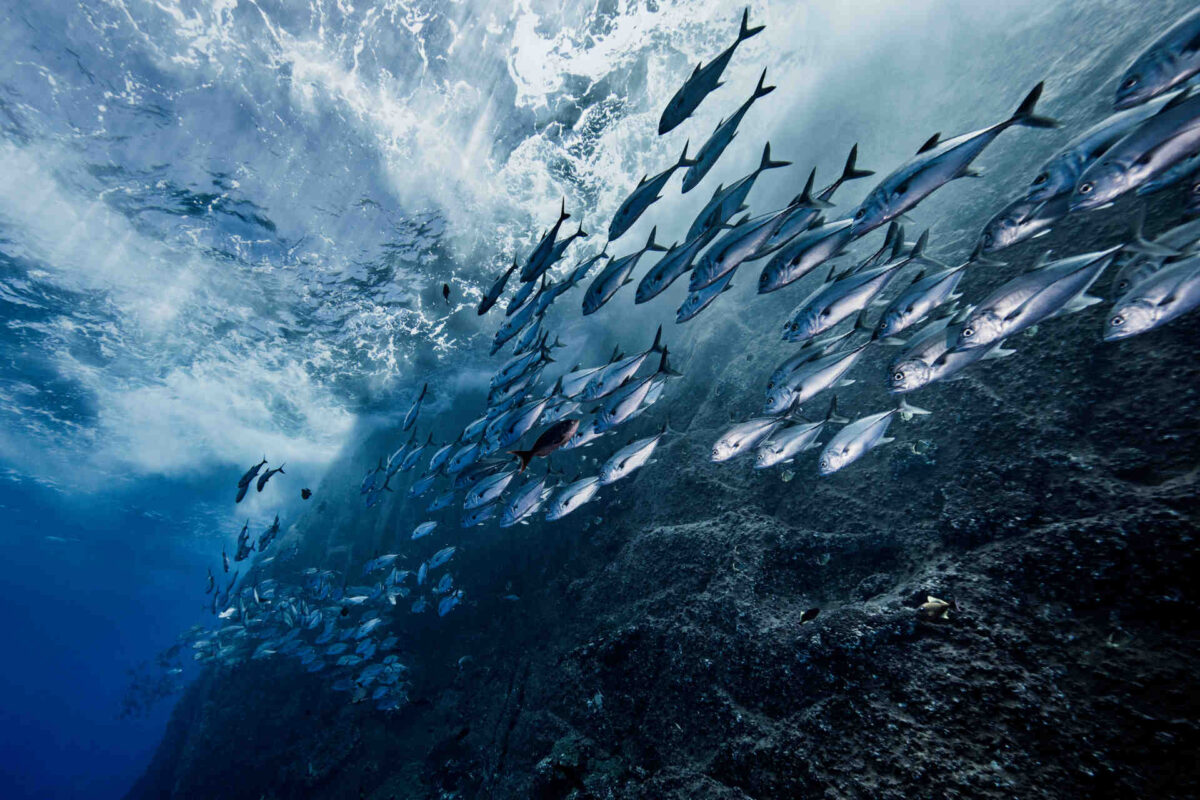Spearfishing and cooking
Sustainable fishing: sport fishing that protects the environment
Sustainable fishing: sport fishing that protects the environment
The concept of sustainable fishing, which has taken hold since the nineties, refers to the possibility of fishing in compliance with vlong-term itality fish stocks and the marine environment in general.
Over the years the movement has revealed i dramatic contours of overfishing, denounced some particularly destructive fishing methods for aquatic ecosystems and also introduced an Ecolabel which certifies sustainable fishing.
La sport fishing, in all of this, is sustainable by definition. Yet despite the minimal risk of occasional catchesmistakes can be made that can have consequences on the stability and reproductive viability of aquatic populations.
What is sustainable fishing and why is it so important
According to the latest FAO report, over 30% of the world's fish stocks are overexploited, while 59% is exploited to the maximum of its ability to reproduce. And if we look at the Mediterranean, the WWF recalls, the situation is even more serious: the majority of commercial fish stocks, around 73%, are fished "outside biologically sustainable limits", and fishing pressure it is still double the level considered sustainable.
As stated in the document WWF principles for sustainable fishing tourism,
The current fishing intensity will soon lead to a generalized collapse of stocks. Added to this dramatic situation are decades of progressive degradation of marine ecosystems due to climate change, pollution and maritime activities.
Although in the last 10 years the fishing pressure has decreased throughout the Mediterranean basin (for some protected species up to 75%), the situation is still critical.
Sport fishing and sustainability
Le harmful fishing techniques are bottom trawling, dredger fishing and gillnet fishing, which involve an enormous risk of by-catches: the nets can trap waste as much as specimens of protected species and undersized juveniles, to the point that according to recent estimates only 20% of what is found in the nets is put on the market.
La trawling it is particularly harmful to the ecosystem: the heavy nets lowered up to 50 meters deep can cause serious damage to the seabed, uprooting the vegetation and destroying entire habitats.
In this sense the sport fishing it is in itself sustainable: when the fisherman has to visualize the prey, recognize it and weigh it even before taking it out of the water, the risk of involuntary captures is almost nil.
Both rod fishing and the spearfishing with spearguns they are activities with a low environmental impact. But for truly responsible sport fishing you need to know the fish, starting from the minimum fishing size and the seasonality of their reproductive cycle.
Sustainable fishing: knowing the prey
fish sustainably, one must know the prey. Even before aiming the speargun, you need to understand everything about the specimen in front of you: which one species it belongs, what is the size it is considered to be sexually mature, what it eats, how it hunts, what is the situation of its species in terms of vulnerability (even locally).
A particularly sad example is that ofeel, a traditional dish in various Italian regions: it has been considered for years in critical danger of extinction, yet they still catch tons of them. In 2021 alone, 50 tons of eels destined for sale were reported in Italy: if this continues, the eels will no longer be there. And the same goes for the bluefin tuna, for the swordfish, for the blue shark, for the grouper, for dogfish and turbot.
When I'm not there precise rules and limitations, sustainable fishing is a matter of personal responsibility, a fisherman's choice. But there is something to think about: if we had caught far fewer octopuses, today the blue crab would also have a natural predator in our seas.
Sport fishing, a resource for the ecosystem
Without proper prey knowledge, there is always a risk of catching a specimen too young, or belonging to a species newly included in the IUCN Red Lists. There responsible sport fishing, on the other hand, can be a great asset to the protection of biodiversity: to begin with, fishermen are almost always the first to report the presence of invasive alien species, allowing the intervention of authorities and associations.
Selective fishing to the highest degree such as sport fishing can also become an important ally against the invasion of alien species dangerous for Mediterranean biodiversity. According to Code of Conduct on Recreational Fishing and Invasive Alien Species published by the Council of Europe in 2014,
Authorities should involve recreational fishers in invasive alien species eradication programs to raise their educational and practical awareness, as well as to use them as resources.
It certainly won't be spearfishing that will save us from blue crab, but with sustainable and fully responsible sport fishing we can do our part in protecting the delicate ecosystems that are the scene of our hunting trips, and make a lifetime of passion a contribution to the health of the planet.


